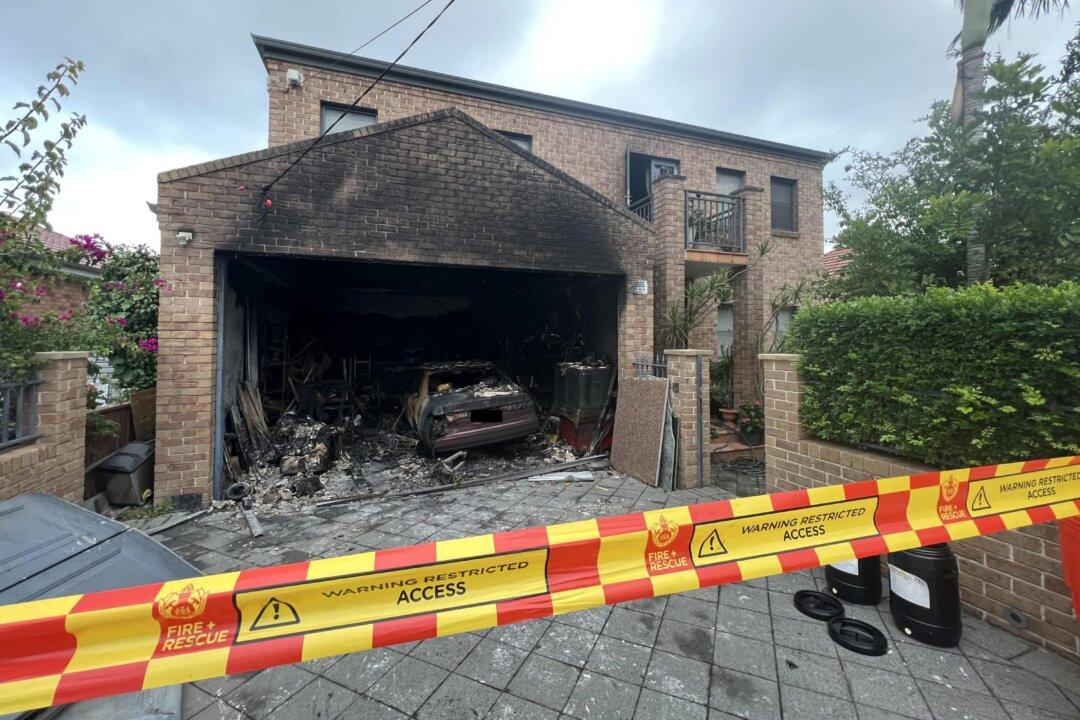Engineering experts have warned that the public needs more education and training about battery safety amid a rise in lithium-related fires across Australia.
Recently, a number of high-profile fires have broken out in major capital cities due to lithium battery issues, raising concerns about the safety of electronic devices, vehicles, and items equipped with rechargeable batteries.





